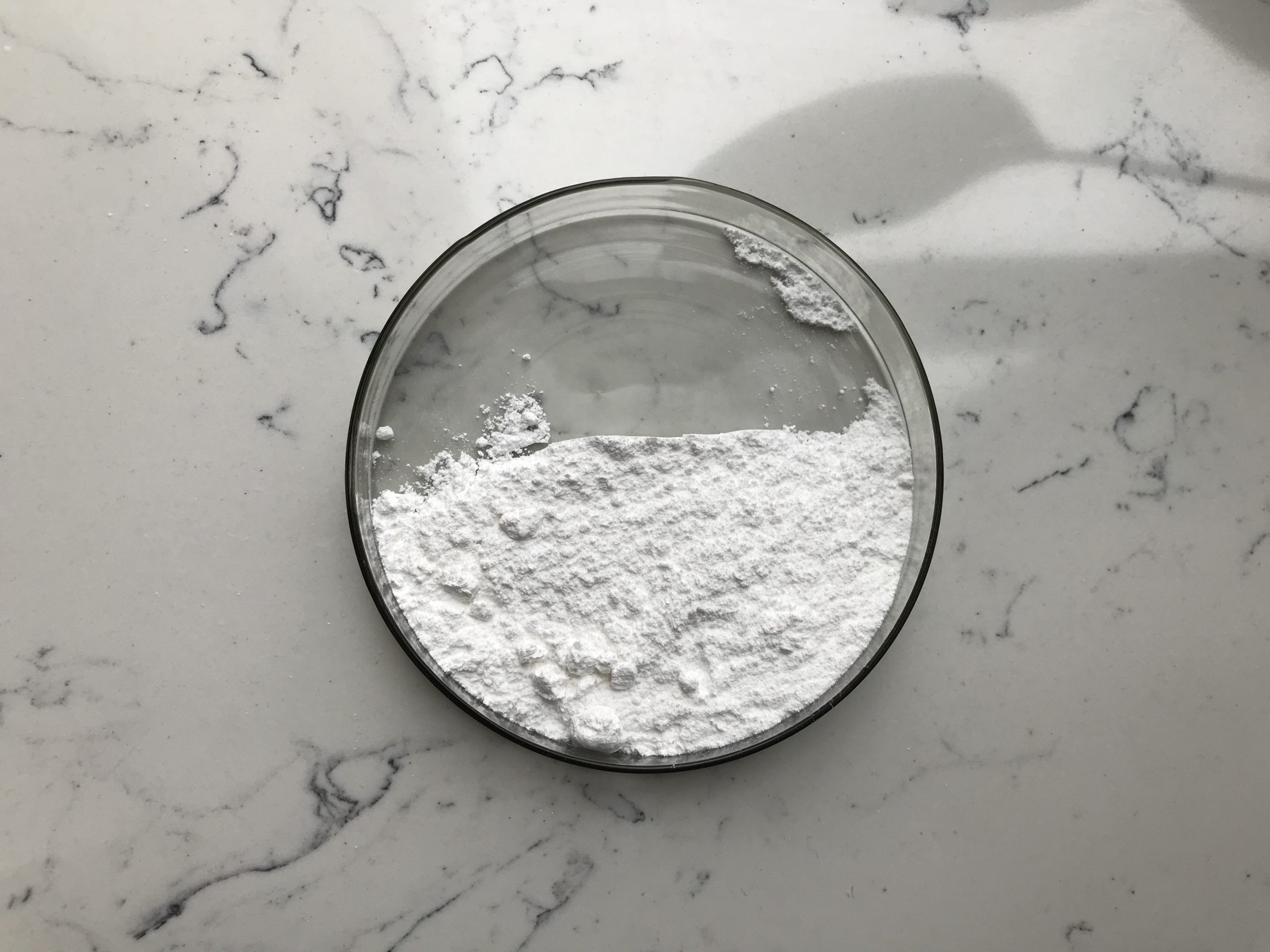TUDCA(Tauroursodeoxycholic acid) is a naturally occurring bile acid and a derivative of ursodeoxycholic acid (UDCA). It has gained attention in recent years due to its potential therapeutic properties in various medical conditions. Below is a comprehensive study of TUDCA, including its structure, mechanisms of action, potential medical applications, and safety considerations.
- Structure and Properties:
Chemical Structure: TUDCA is a conjugate of taurine and ursodeoxycholic acid, and its chemical structure differs from the more common bile acid, cholic acid.
Solubility: TUDCA is highly soluble in water, which is one of its distinguishing characteristics compared to other bile acids.
Source: It is naturally produced in small amounts in the body, and it can also be synthesized or derived from the bile of bears (although this source is ethically controversial).

- Mechanisms of Action:
Endoplasmic Reticulum (ER) Stress: TUDCA is known for its ability to reduce ER stress, which is involved in various diseases, including neurodegenerative disorders and liver diseases.
Mitochondrial Protection: TUDCA can help protect mitochondria from damage and improve their function. This property has implications in conditions associated with mitochondrial dysfunction.
Anti-Apoptotic Effects: It can inhibit apoptosis (programmed cell death), which is relevant in various pathological conditions, including liver disease and neurodegenerative disorders.
Anti-Inflammatory: TUDCA exhibits anti-inflammatory properties by modulating cytokine production and inhibiting NF-κB activation.
Cholesterol Dissolution: Similar to UDCA, TUDCA can help dissolve cholesterol-containing gallstones.
- Potential Medical Applications:
Liver Diseases: TUDCA has shown promise in the treatment of liver diseases such as non-alcoholic fatty liver disease (NAFLD), primary biliary cirrhosis, and cholestatic liver diseases.
Neurological Conditions: TUDCA’s ability to reduce ER stress and inhibit apoptosis makes it a potential candidate for neurodegenerative conditions like Alzheimer’s disease, Parkinson’s disease, and amyotrophic lateral sclerosis (ALS).
Metabolic Syndrome: Some studies suggest that TUDCA may be beneficial for metabolic disorders such as obesity and type 2 diabetes by improving insulin sensitivity and reducing inflammation.
Gallstone Dissolution: Like UDCA, TUDCA can be used for gallstone dissolution, particularly for those with cholesterol gallstones.
Eye Health: TUDCA has been studied for its potential role in protecting retinal cells and vision, particularly in conditions like diabetic retinopathy.
Inflammatory Bowel Disease (IBD): Some research indicates that TUDCA may have a role in managing the inflammation associated with IBD, such as Crohn’s disease and ulcerative colitis.

- Safety Considerations:
TUDCA is generally considered safe when used in appropriate doses. It is available in various forms, including supplements, and is commonly used in research.
Side effects may include gastrointestinal discomfort and diarrhea, particularly at higher doses.
As with any supplement or medication, it’s important to consult with a healthcare professional before using TUDCA, especially if you have underlying medical conditions or are taking other medications.
While TUDCA shows promise in various medical conditions, it’s essential to note that research is ongoing, and its full therapeutic potential and long-term safety profile are not yet fully established. As with any medical intervention, the use of TUDCA should be approached cautiously and under the guidance of a healthcare provider, especially for specific medical conditions.
